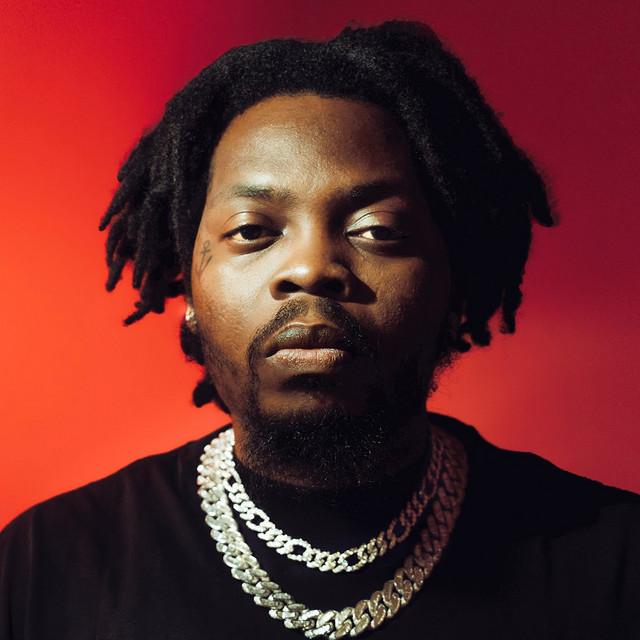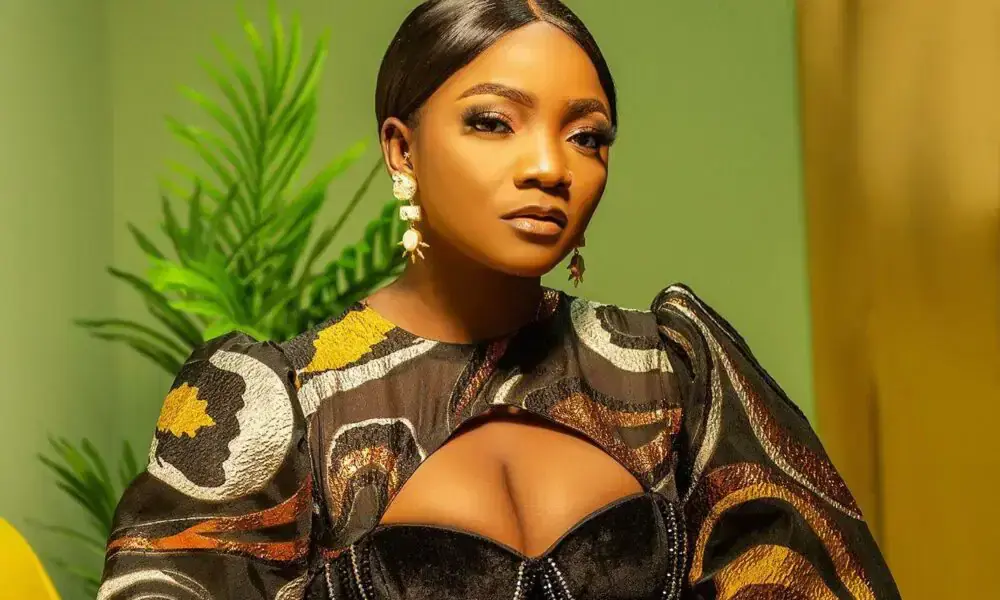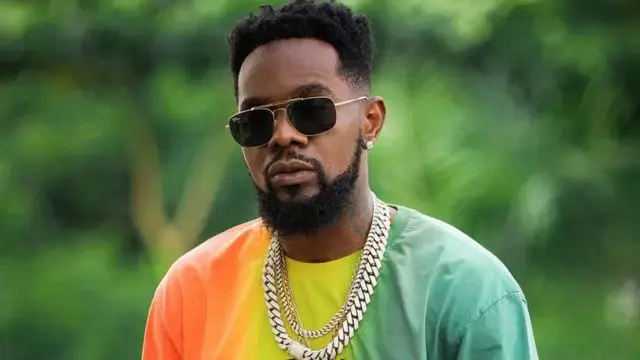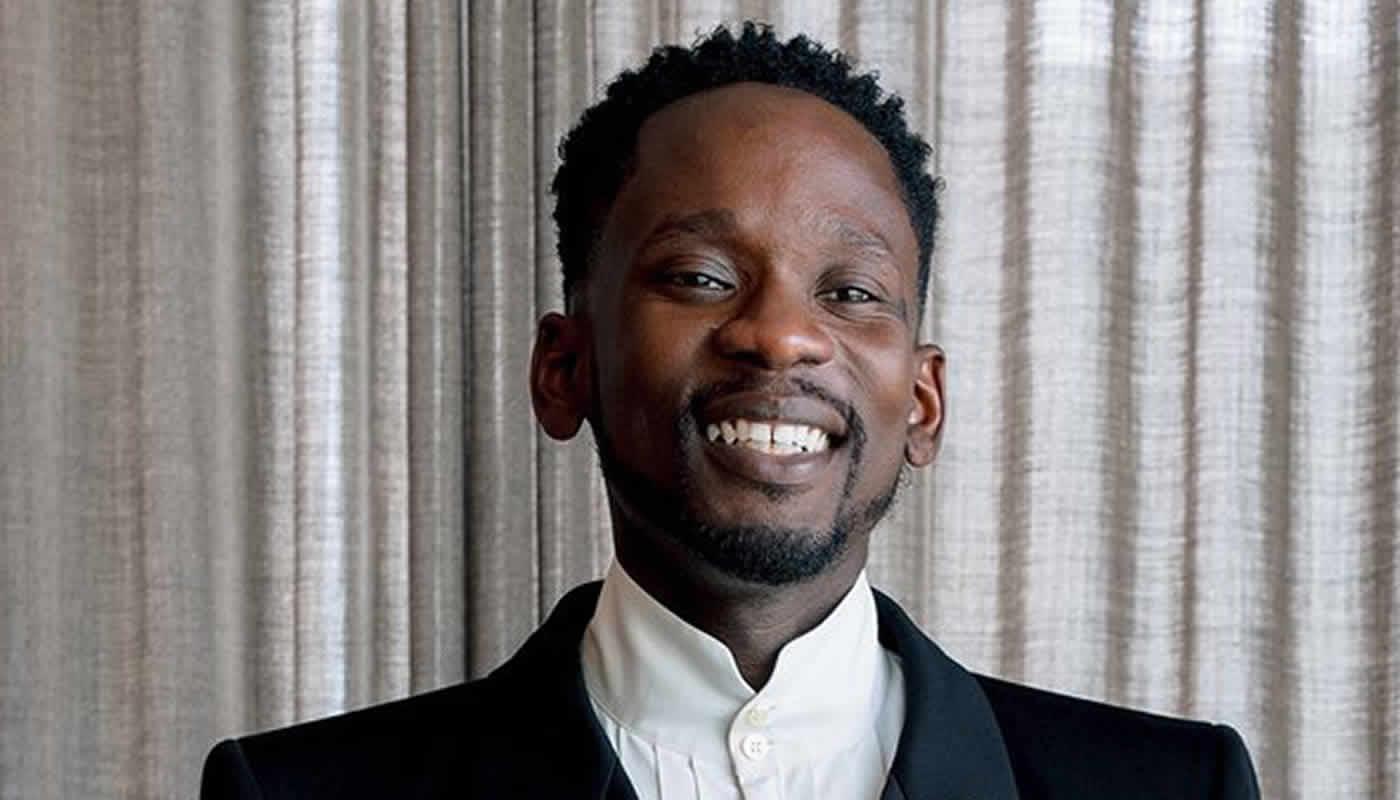Explore Our Bill Payment Services:

- Biography
- Nigeria
Olamide: Biography, Net Worth, And Music Career
Early Life and Background
Olamide Gbenga Adedeji, popularly known as Olamide or “Baddo,” was born on March 15, 1989, in Bariga, Lagos State, Nigeria. Growing up in one of Lagos’s most vibrant but tough neighborhoods shaped much of his early outlook on life and artistry. His father, Pa Adedeji, and mother, Ronke Osisanya Adedeji, raised him alongside his two siblings — TemmyGold and Eniola Olamilekan Adedeji, who later became known as DJ Enimoney.
Bariga, known for its raw street energy, heavily influenced Olamide’s worldview. The hustle and survival instincts required to thrive in that environment became core themes in his music. While resources were limited, creativity and ambition were abundant, and Olamide often recalls how these early experiences fueled his desire to express himself through music.
Olamide’s exposure to diverse sounds — from traditional Yoruba music and Fuji to American hip-hop — helped him develop a unique fusion of indigenous rhythm and modern rap. He attended Tai Solarin University of Education (TASUED) for a time but dropped out to pursue music full-time, believing that was his true calling. This decision would become one of the most pivotal in his life.
Beginnings in Music and Rise to Fame
Olamide began his professional journey around 2010 with the release of his debut single, “Eni Duro.” The track was delivered predominantly in Yoruba, showcasing his pride in his cultural roots and linguistic dexterity. It quickly gained traction across Lagos and marked him as a fresh, authentic voice in Nigerian rap.
In 2011, he released his debut studio album, “Rapsodi,” under Coded Tunes, a label run by veteran producer ID Cabasa. The album was a blend of Yoruba rap, street lingo, and catchy rhythms that established Olamide as one of the most promising rappers of his generation. It featured collaborations with artists like Wizkid, 9ice, and Reminisce, all of whom contributed to his early visibility.
YBNL Nation and Musical Evolution
After gaining recognition, Olamide founded his own record label, YBNL Nation (Yahoo Boy No Laptop), in 2012. The move was strategic — he wanted creative freedom and a platform to nurture new talent. His sophomore album, “YBNL,” released the same year, was the label’s first official project. It featured hits like “First of All,” “Voice of the Street,” “Stupid Love,” and “Ilefo Illuminati.”
The success of this album solidified Olamide’s brand as a force in Nigerian street rap. He quickly became known for his consistency — releasing an album almost every year and maintaining dominance across the decade. His notable projects include:
-
Baddest Guy Ever Liveth (2013): Contained hits like “Durosoke” and “Yemi My Lover.”
-
Street OT (2014): A street anthem compilation that expanded his fan base.
-
Eyan Mayweather (2015): Cemented his dominance as Nigeria’s top rapper.
-
2 Kings (2015): A collaborative album with Phyno featuring “Une” and “Confam Ni.”
-
Carpe Diem (2020): Released under his partnership with Empire Distribution, this album featured artists like Fireboy DML, Omah Lay, Phyno, and Bella Shmurda.
-
Unruly (2023): A mature, introspective record that reaffirmed his influence.
-
Olamidé (2025): His eleventh studio album, featuring Wizkid, Asake, Dr. Dre, and Popcaan, further extending his global reach.
His 2025 single “Kai!”, a collaboration with Wizkid, became an instant chart-topper and reaffirmed Olamide’s relevance across generations.
Distribution Deal and Global Reach
A major career turning point came in 2020, when Olamide’s YBNL Nation partnered with Empire Distribution, a U.S.-based global music company. This partnership gave his label access to international distribution and marketing infrastructure, allowing YBNL’s artists to reach audiences beyond Africa.
Through this collaboration, acts like Fireboy DML and Asake gained global recognition, with the latter earning multiple international award nominations.
In 2023, Olamide’s collaboration with Asake on the hit track “Amapiano” earned a Grammy nomination, making him one of the first Nigerian rappers to be recognized by the Recording Academy. In 2025, Billboard also listed Olamide among its Global Power Players, honoring his dual impact as both an artist and a label executive.
Style, Influence, and Legacy
Olamide’s artistry is deeply tied to his Yoruba heritage. He raps effortlessly in Yoruba, Pidgin, and English, blending the local with the global in a style that is uniquely his. He popularized “Street Pop” — a subgenre of Afrobeats rooted in street slang, real-life struggles, and cultural identity.
While many Nigerian artists pursued English-only lyrics to attract global audiences, Olamide stayed authentic, showing that local language music could still achieve mainstream and international success. His influence on younger artists is immense — from his lyrical delivery to his business acumen.
Artists like Zlatan Ibile, Naira Marley, Lil Kesh, Fireboy DML, and Asake have all credited Olamide as a major inspiration or mentor figure. His consistency and work ethic have earned him respect not just as a performer but as an icon of hustle, resilience, and reinvention.
Awards and Recognition
Over his two-decade career, Olamide has bagged numerous awards, including:
-
Headies Awards: Multiple wins, including Best Indigenous Artist and Album of the Year.
-
Nigeria Entertainment Awards (NEA): Best Rap Album and Best Male Artist.
-
City People Music Awards: Rap Artist of the Year.
-
MTV Africa Music Awards (MAMA): Recognition for his contributions to African hip-hop.
-
Grammy Nomination (2023): For “Amapiano” featuring Asake.
-
Billboard Global Power Player (2025): Honoring his influence on international music business.
These accolades affirm Olamide’s dual legacy as both a creative powerhouse and a strategic business figure in African music.
Net Worth and Assets
As of 2025, Olamide’s estimated net worth ranges between $10 million and $15 million. This wealth is derived from diverse revenue streams — music, endorsements, performances, and business ventures under his label.
Primary Sources of Income:
-
Music Royalties: From streaming platforms like Spotify, Boomplay, and Apple Music, where his catalog of hundreds of songs generates steady income.
-
Live Performances: Olamide commands some of the highest performance fees in Nigeria, performing at major concerts and global tours.
-
Endorsements: He has held lucrative deals with brands like Cîroc, Etisalat (now 9mobile), and Guinness Nigeria.
-
YBNL Nation: His label’s artists — notably Fireboy DML and Asake — contribute to YBNL’s profitability through royalties and joint ventures.
-
Real Estate: He reportedly owns properties in Lekki (worth approximately ₦70 million) and Bariga (₦25 million).
-
Luxury Cars: His garage includes high-end vehicles such as a Mercedes-Benz G-Class, Range Rover Sport, Range Rover V8, Toyota Camry, and a Rolls-Royce Phantom.
While some online sources speculate figures as high as $35 million, the most credible estimates align around $10–12 million. Olamide has also hinted at owning stakes in local businesses, possibly including filling stations and small-scale ventures.
Personal Life
Despite his fame, Olamide maintains a relatively private personal life. He is married to Adebukunmi Aisha Suleiman, his longtime partner and the mother of his children. The couple reportedly got engaged in March 2018 and have since built a quiet, stable family life away from the media spotlight.
Olamide is a father of two sons and occasionally shares glimpses of his family life on social media, always emphasizing humility and gratitude. He stands about 5’7” (170 cm) tall and weighs roughly 88 kg, maintaining a grounded, approachable image despite his superstar status.
Challenges and Criticisms
Like many successful artists, Olamide has faced challenges and criticism throughout his career. Some critics argue that his later albums lean more toward commercial Afropop, moving away from his hardcore rap roots. However, Olamide defends his versatility, insisting that artistic growth and adaptability are necessary for longevity.
He also faces constant pressure to stay relevant in Nigeria’s fast-evolving music landscape, dominated by younger acts and shifting global trends. Yet, his adaptability and understanding of the industry continue to keep him at the forefront.
Legacy and Future Outlook
As of 2025, Olamide stands tall as one of Nigeria’s most influential musicians and record executives. His ability to balance artistry with business acumen has made him a model for aspiring artists. With the release of Olamidé (2025) and growing international collaborations, his brand continues to expand globally.
YBNL remains a leading label in Nigeria, shaping the next generation of Afrobeats and street pop stars. Beyond music, Olamide is expected to diversify into fashion, media, and possibly film production in the coming years.
His legacy, however, is already secure: he is the bridge between indigenous Yoruba rap and mainstream Afrobeats — a man who gave the streets a global voice.
Conclusion
Olamide’s journey from Bariga to Billboard exemplifies what vision, consistency, and authenticity can achieve. He has redefined Nigerian rap, elevated countless artists, and built one of Africa’s strongest music brands.
With a net worth estimated around $10–12 million, numerous awards, and global recognition, Olamide’s name now stands alongside the greatest African music icons. Yet, beyond the fame and fortune, his true achievement lies in proving that the language of the streets can echo around the world.









